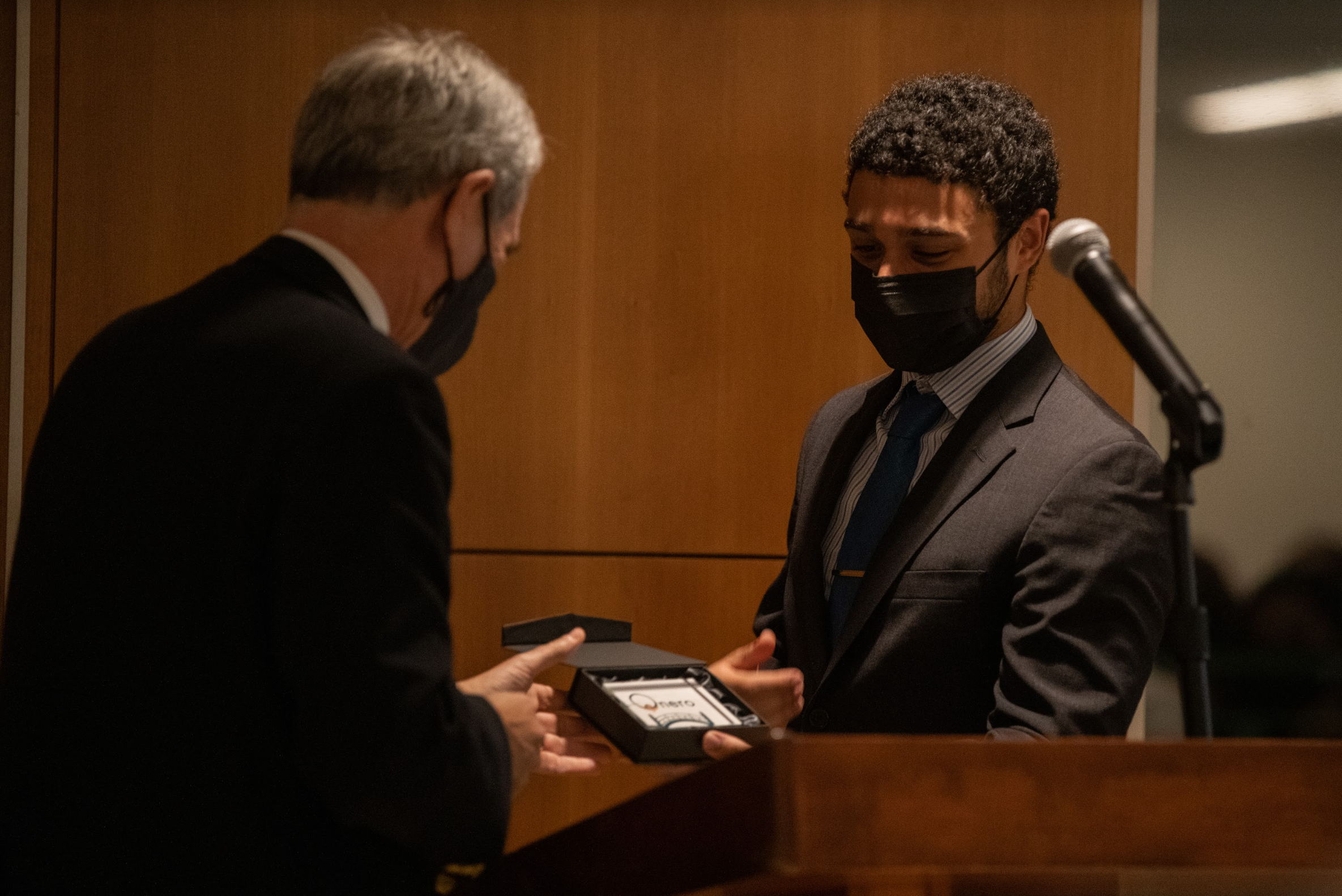
Research
Date Published
- July 2025
- June 2025
- May 2025
- April 2025
- March 2025
- February 2025
- January 2025
- December 2024
- November 2024
- October 2024
- September 2024
- August 2024
- July 2024
- June 2024
- March 2024
- February 2024
- October 2023
- March 2023
- February 2023
- January 2023
- November 2022
- October 2022
- January 2022
- November 2021
- October 2021
- August 2021
- July 2021
- March 2021
- September 2020
- August 2020
- July 2020
- February 2020
Filters to only view publications from a particular program:
The Iran-Iraq War and the Securitization of Iran’s Energy Sector
This paper argues that the Iran-Iraq War was essential to the securitization of Iran’s energy sector by transforming it from a standard political issue into a matter of national survival. The paper will first examine how Iran enabled the Islamic Revolutionary Guard Corps (IRGC) to consolidate control of the country’s energy industry as a means of safeguarding it from external pressure, followed by an investigation into how the regime created a secret “shadow fleet” network to facilitate illicit oil exports, which Iran began to perceive as a crucial tool for its survival. Finally, the paper will explore how Iran has employed a range of unconventional tactics to defend its critical energy infrastructure from external attack, thereby cementing Tehran’s energy sector as a top priority for the regime.
Contextualizing the Modern Captagon Trade
This is the first in a multi-part series exploring Captagon and the future of the amphetamine trade inside the Middle East. In this article, we contextualize the importance of Captagon and explore its associated trade to both the former Assad regime and various non-state actors within the Middle East.
The Future of Lebanon: Can New Leadership Overcome the Past?
Lebanon’s new leadership under President Joseph Aoun and Prime Minister Nawaf Salam signals a potential shift from years of political deadlock and economic collapse. As they take office, they must confront deep-seated corruption, rebuild state institutions, and manage regional instability, all while balancing sectarian divisions and international expectations.





